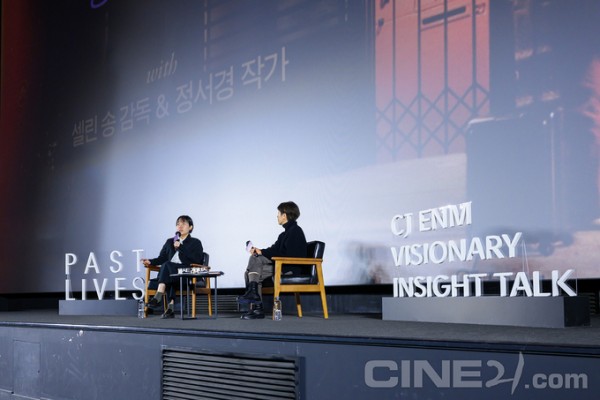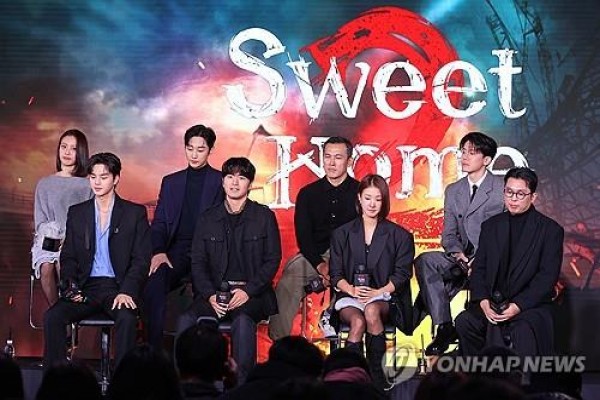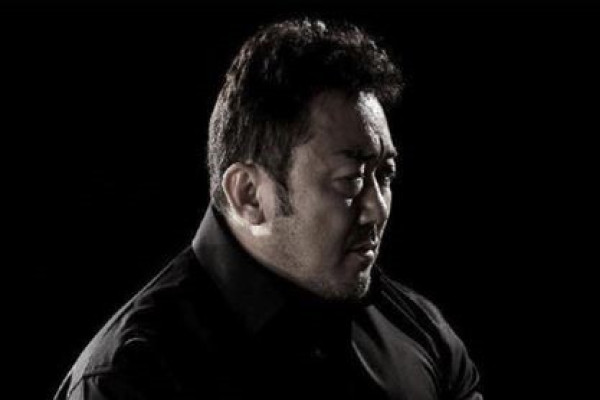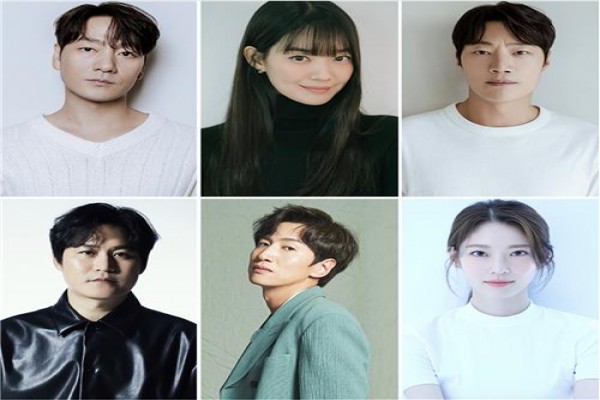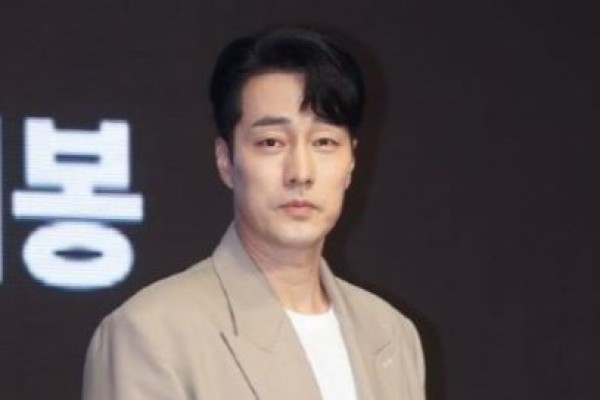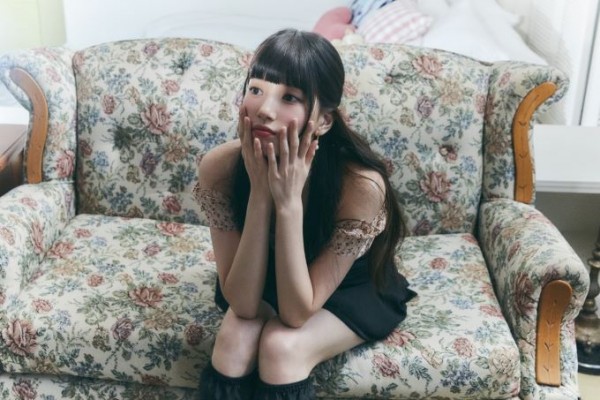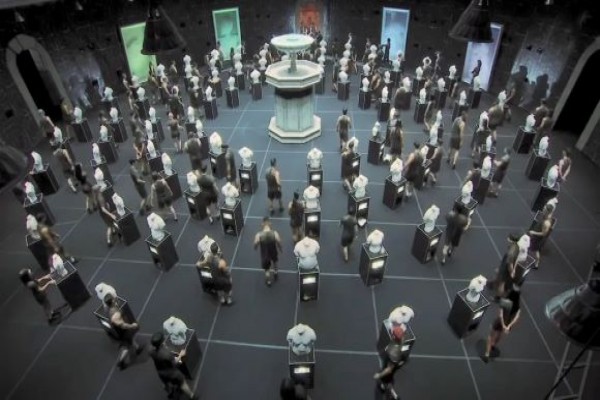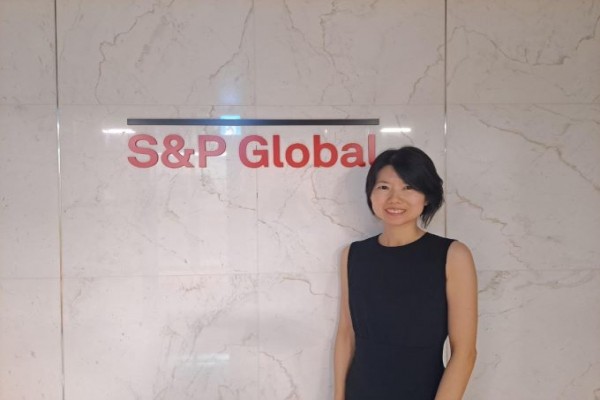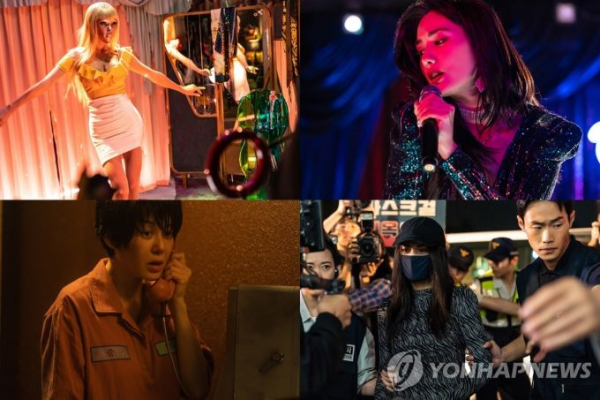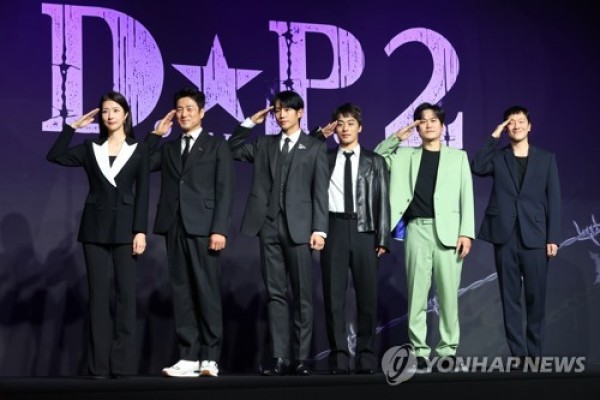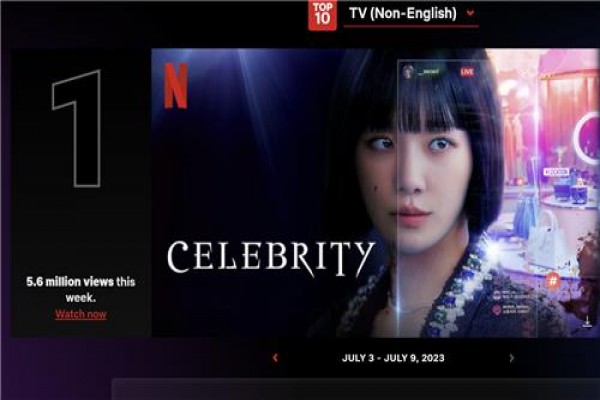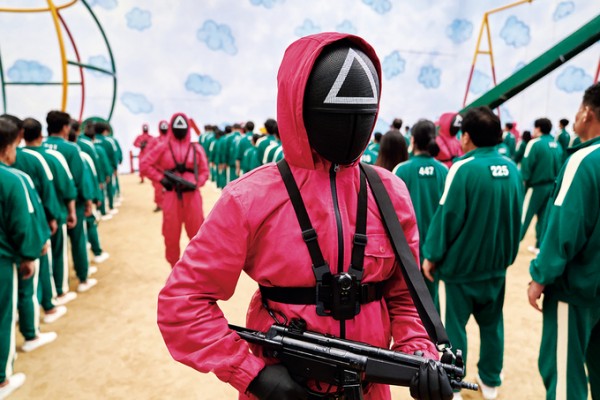130, Suyeonggangbyeon-daero,
Haeundae-gu, Busan, Republic of Korea,
48058
KIM Eun-hee, screenwriter of KINGDOM
Mar 11, 2019
- Writerby SONG Soon-jin
- View6904
“I want to address politics through the zombies”

Netflix Original Series Kingdom is now available on the VOD service. This is the first period piece, as well as the first zombie story, from screenwriter KIM Eun-hee who has made her name in genre TV series with Sign, Phantom, and Signal. The much-anticipated first season having been successfully released, KIM Eun-hee explained that the story was inspired by the Annals of King Sunjo which are part of the Annals of the Joseon Dynasty (an extended corpus of official records that were kept daily from 1413 to 1865). The premise is that people living under the oppression of the authorities with nothing but hunger are turning into zombies. KIM Eun-hee’s own vivid descriptions of real life and the social critique that comes with it shine again in Kingdom. We met her to learn more about the emergence of zombies in the Joseon Era.
You must have heard various reactions to Kingdom.
Netflix doesn’t disclose its viewing figures, so I have no idea when I should be happy and when I should feel ashamed. (laughs) Someone asked me, “Why are you nervous? You can determine the success of a Netflix Original series by whether or not it is getting renewed for a second season, and season 2 has already been greenlit”. For now, I’m simply thrilled just from the fact that we completed Kingdom.
Associating zombies to the Annals of the Joseon Dynasty is an original idea. How did you come up with it?
I like zombie stories and tried to find plenty of shows and movies, but after watching them I would often find the sight of zombies moving in flocks somewhat sadder than at first glance. They are a form of life full of hunger, living beings that only have appetite! After that, as I was reading books on the Annals of the Joseon Dynasty and the great famines, I started wondering what would happen if we incorporated zombies to the most disastrous period, when the hunger was at its worst.
I heard that Kingdom had long been a troubled project.
I had nothing more than this interesting idea, but when I looked at the state of the Korean TV series industry, I thought it wouldn’t be easy to actually film it. The same could have been said in the film industry. It wasn’t really until TRAIN TO BUSAN (2016) that what we call “zombie films” became possible. Before that, there was a lot of pessimistic reactions. I tried several times to tell people in the industry that I had this project, but they were lukewarm. (laughs) So I just kept dreaming alone, but one day, after the end of TV series Signal, I was contacted by Netflix asking me if I was interested in working with them. It was only then that I felt like I could make the zombie series I had dreamed.

You personally brought KIM Seong-hun (films A Hard Day and Tunnel) on board to direct the first season. How was your collaboration?
It was the first period drama for both of us so I figured we could help each other. As I wanted to show a lot of unique settings in Kingdom, having good communication and being on the same wavelength was more important than having experience in period dramas. Both of us are talkative. We also know well each other’s style. Generally, once a series starts, there is almost no time to communicate with the director. This time, though, the pre-production was perfect, so I had a lot of time to discuss with the director.
You stressed a few times already that Kingdom is a story about hunger, but what is it you wanted to express with this motif?
The first thing I wrote on the white board of the studio when we started was, “What is called politics?”. I wanted to show more than a few aspects of politics, not only irresponsibility and corruption among the ruling powers. What I mean is, in Dongnae we can see an incompetent and irresponsible ruling class, while in Sangju we see a ruling elite that has a sense of duty. There have been great leaders comparable to Crown Prince (JU Ji-hoon) and Lord Ahn Hyeon (HUH Joon-ho) in history too. I wanted to show several of such characters in all their diversity.

Whereas TRAIN TO BUSAN follows the characters from Seoul to Busan, the main characters in Kingdom travel from Dongnae, the former name of Busan region, to Hanyang, known today as Seoul.
It is the story of a Crown Prince who left home and is now going back, but he has to face extreme odds on the way. That’s why I thought it would be better to send him to the location that is the furthest in distance, and strangely enough it’s Dongnae that came to my mind at that time. Having thus decided which path the characters would take, they would naturally have to cross the Baekdu-daegan and so we could have natural landscapes. Personally, I wanted Kingdom to have all the antiqueness of Korean traditional houses, and as it became the story of a journey to Hanyang along the Nakdong River, it allowed us to show beautiful vistas.
How were the zombies of Kingdom conceived?
The way some foreign series depict zombies as a virus was extremely impressive, and I like reading books on diseases like Ebola or on epidemiological investigation. So even though the zombies in Kingdom are made of several kinds of hungers, the characters in the story are put in a situation where they see it as a plague. What would have happened had there been an outbreak of disease like cholera or typhoid in Joseon? This was the fundamental idea.

Did you notice any difference between working on a Korean series and working on a Netflix series?
With Netflix, I was given the recommendation not to make the episodes too long. While a Korean series would have required around 45 A4 pages, for Kingdom I was told that 27-28 pages per episode would be more appropriate. At first, adjusting to this constrain was difficult because it was a strong habit. For the second season, however, I’ve got quite used to it so the writing was much easier.
Speaking of which, please tell us more about the plot of Season 2.
The story of the second season will start in winter, and the characters will have to deal with greater emotional hardships and events. Personally, there are more stories I would like to tell about these characters. That’s why I would like to pen a third season.
There are great expectations for your next project.
I’ve started working on the script for Signal 2, but it’s still in an early stage. And after that, I would like to venture into science-fiction. What I would like to do is not just writing another story set in space, but a very Korean take on SF.












